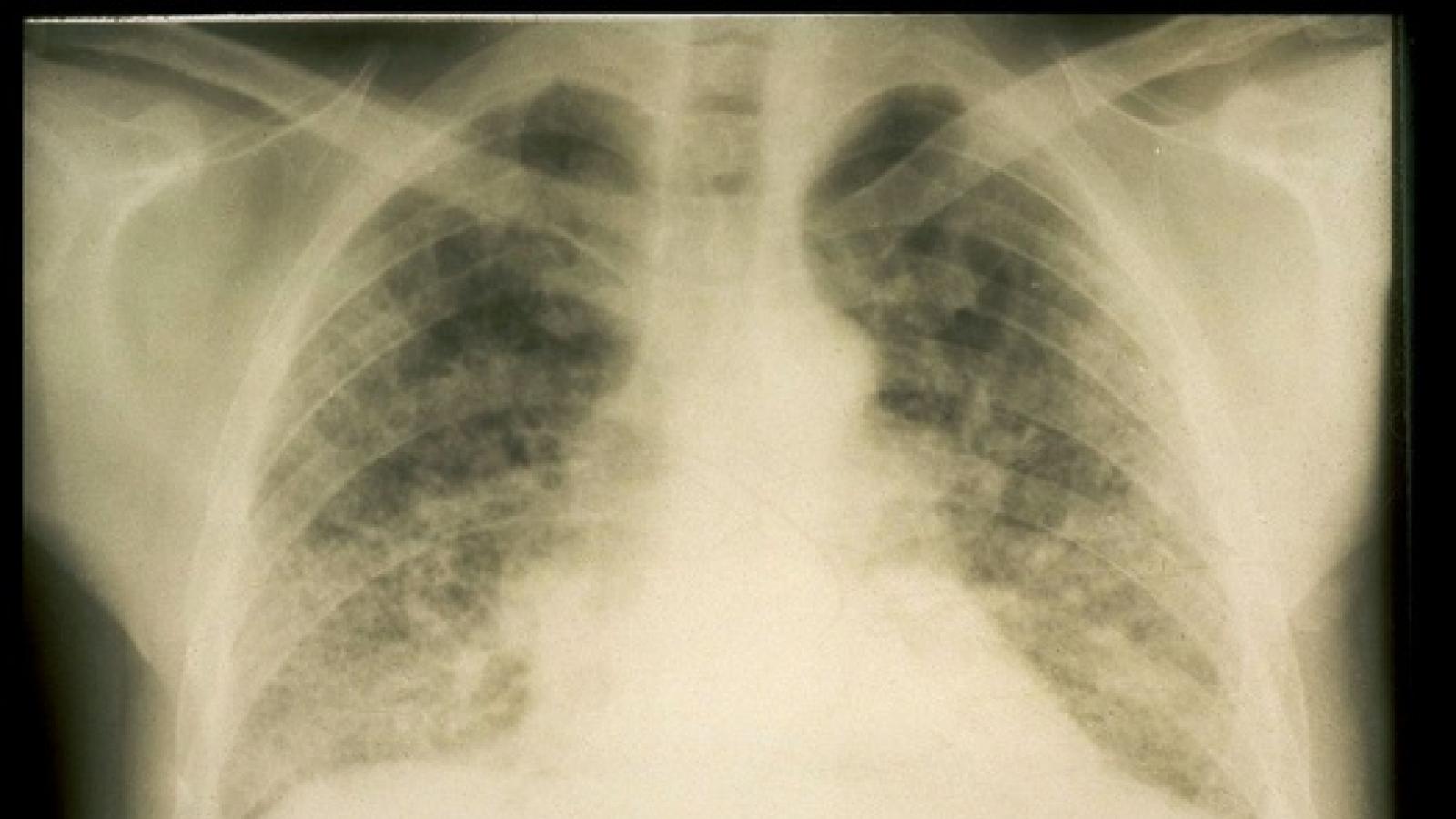Novel Rx
Different factors are known to influence disease characteristics and outcomes in psoriatic arthritis (PsA). Recently, there is new evidence that sex-related differences play a role not only in disease manifestations but also in efficacy and safety of treatments as well as outcomes and prognosis.
Are emulation ‘trials’ helpful, despite the biases that occur with observational data, or do they truly mimic the results of randomized controlled trials (RCTs)?
A retrospective cohort study presented at #ACR24 explores the benefits of GLP-1Ras in reducing the risk of end-stage renal disease (ESRD) for patients with lupus nephritis. Drawing on data from the TrinetX global research database, the study examines how GLP-1Ras may reduce ESRD progression in a population where 10-20% progress to ESRD within five years, even with immunosuppressive therapies.
A 52-week has demonstrated the safety and efficacy of ianalumab, a dual B cell depleter) in patients with active Sjögren's disease (SjD).
A recent study by Sparks et al reveals evolving trends in DMARD usage for rheumatoid arthritis over two decades in the United States. This retrospective analysis evaluated 407,728 DMARD initiation episodes among 229,365 unique patients from 2001 to 2021.
Join Drs. Jack Cush and Artie Kavanaugh as they review 15+ presentations and abstracts from the 2024 ACR Convergence meeting in Washington, DC.
When the ACR Convergence 2024 abstract site went live, the first query I typed into the search bar was, “CAR-T.” I consider myself a CAR-T skeptic and would be surprised if the magical results from this NEJM case series replicate at scale, but it seems likely that CAR-T will revolutionize the care for (some) patients with rheumatic diseases.
Similar to JAKs, TYK2 is an important mediator of innate and adaptive immune activation. Unlike JAKs, however, TYK2 is thought to play a minimal role in other pathways, such as metabolic and hematopoietic axes. Therefore, it is hypothesized that TYK2-targeted agents could be effective in rheumatic disease, with a potential for less off-target adverse effects. Zasocitinib is a new, oral TYK2 inhibitor generated using artificial intelligence-
Over the past 5 years, there has been growing interest in RA-ILD due to its relative prevalence and severity. This seems to be one of the few RA outcomes not improving much, even with the advent of expanded treatment options. There is also a shocking lack of trial data. This year, there were two oral sessions dedicated to RA-ILD, one of which even the overflow room was standing room only, in addition to many posters.
Recent advancements in targeted therapies, including selective inhibitors of key inflammatory pathways, offer promising outcomes for patients with active psoriatic arthritis (PsA). At ACR 2024, there have been further developments in novel therapies in PsA. Three innovative treatments: Zasocitinib, Vunakizumab, and Sonelokimab, as detailed in recent phase 2 trials, were presented at ACR 2024.
Different factors are known to influence disease characteristics and outcomes in psoriatic arthritis (PsA). Recently, there is new evidence that sex-related differences play a role not only in disease manifestations but also in efficacy and safety of treatments as well as outcomes and prognosis.
One of the hot topics during the meeting was gender differences in SpA. Three abstracts presented addressed issues related to these differences particularly in the aspects of treatment response and disease activity.
Lots of lupus research and the New ACR Guidelines on Lupus Nephritis management were presented today. These and other highlights as featured on our Twitter (X) feed from ACR24 in Washington, DC.
A retrospective cohort study presented at #ACR24 explores the benefits of GLP-1Ras in reducing the risk of end-stage renal disease (ESRD) for patients with lupus nephritis. Drawing on data from the TrinetX global research database, the study examines how GLP-1Ras may reduce ESRD progression in a population where 10-20% progress to ESRD within five years, even with immunosuppressive therapies.
When the ACR Convergence 2024 abstract site went live, the first query I typed into the search bar was, “CAR-T.” I consider myself a CAR-T skeptic and would be surprised if the magical results from this NEJM case series replicate at scale, but it seems likely that CAR-T will revolutionize the care for (some) patients with rheumatic diseases. What new data will be presented at ACR?






















 Poster Hall
Poster Hall